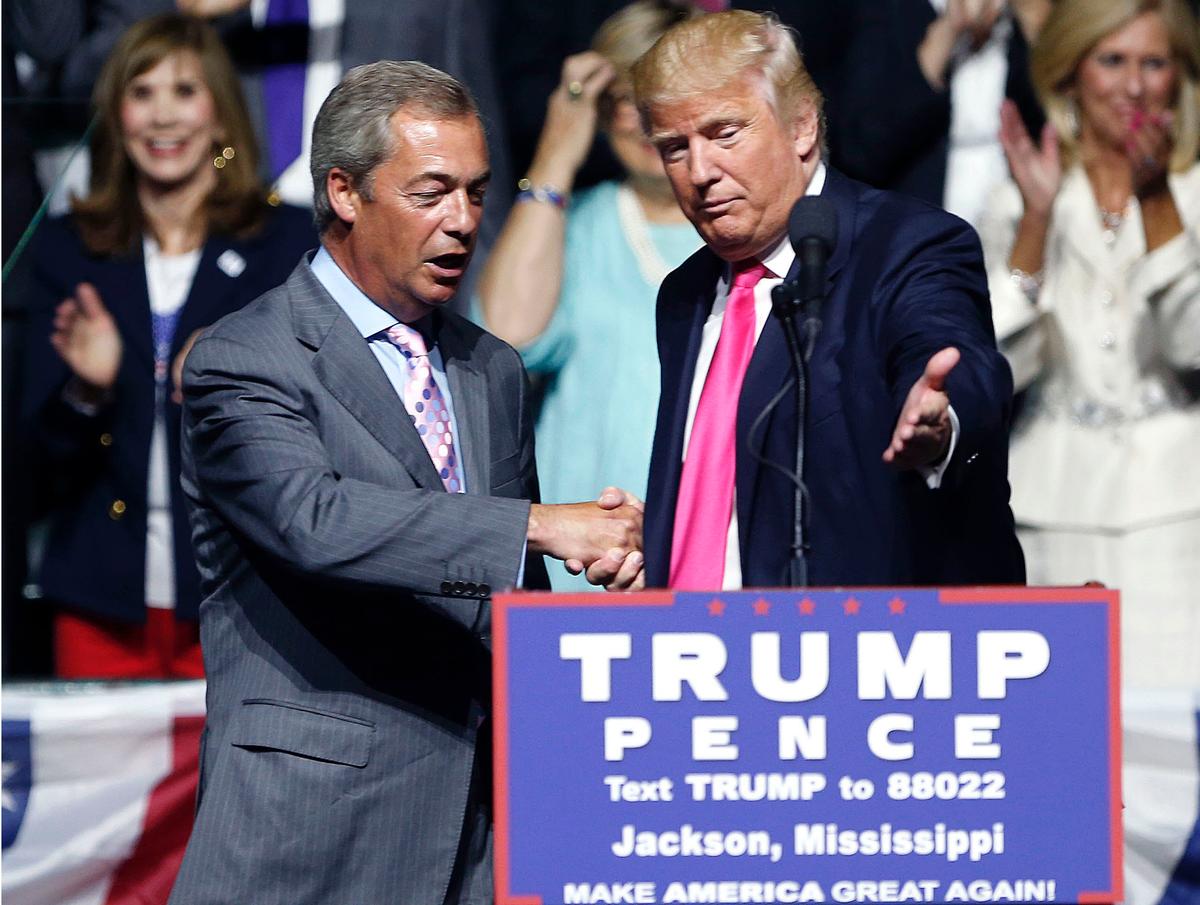LONDON—Britain’s populist U.K. Independence Party chose European Parliament member Paul Nuttall as leader on Monday, replacing the charismatic but divisive Nigel Farage.
In his parting speech, Farage claimed the political upheavals that are taking Britain out of the European Union and Donald Trump into the White House are far from over.
He said UKIP’s anti-EU, anti-globalization politics had had a “seismic” effect in Britain, and beyond.
“It is Brexit that directly led to the Establishment getting beaten on the 8th of November and Donald J. Trump about to take the presidency,” Farage said, referring to the U.S. presidential election. “We were the inspiration behind much of that.”
Nuttall decisively beat two other contenders in a contest to head the right-wing anti-EU party, winning 62.6 percent of the votes cast.
The 39-year-old former college history lecturer vowed to unite the fractious party and fight to ensure that Britain’s divorce from the EU is not watered down during negotiations.
“We will hold the government’s feet to the fire electorally and ensure that Brexit really does mean Brexit,” he said.






